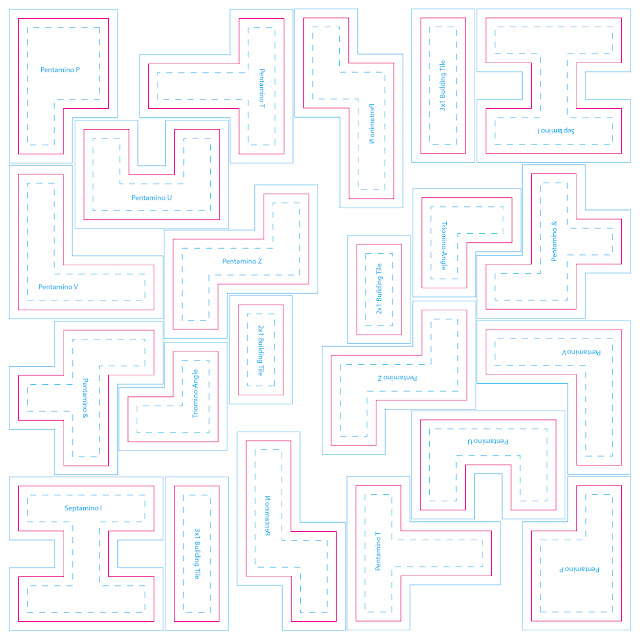Tips for Naming Your Game
If you're a game designer, chances are you'll stumble across a word or turn of phrase and think, "Hey, that would make a really cool game!" Heck, that's the whole idea behind Pitch Tag. But there are a few things to ask yourself before you marry yourself to one name in particular.
Is it searchable?
Google your game title plus the words "game," "board game," "card game," and "app." Search Engine Optimization has no legal bearing, but probably has the most practical impact on your day-to-day business as a game designer. You want a title that won't tread on existing identities in the same space. Ideally, a search for your title alone should bring up your game's page, or its Kickstarter page, or its entry on BoardGameGeek. Unique spellings and made-up words are often used to maximize SEO, but there is a risk...
Is it easy to say and spell?
Granted, this is relative to your language, but a lot of business happens on very, very noisy show floors at game conventions. Having a name that is easily enunciated over the roar of the show floor is a real benefit. Generally, you can make a portmanteau, or you can just use a unique phrasing of words. If you go with a portmanteau, make the spelling as intuitive as possible: "SmashUp" and "Zombicide" are good examples. For a unique phrase, try to find two words that normally wouldn't be connected in the same sentence, as this will help with your SEO and stand out in the market: "King of Tokyo" is a nice example, as is "Spirit of the Century."
Is it unique?
In the case of wholly made-up words like "Kaijudo" and "Numenera," the advantage is that there is a very clean slate to work from in terms of marketing, but that also means you need a powerful marketing engine to raise the awareness of that name's pronunciation and spelling. I'd generally advise against making up a whole new word if you're just starting out. Getting people to know about your game is going to be hard enough as it is. Case in point: Rocco Privetera's "Ninja Dice" was once called "Dorobo," Japanese for burglar. Ninja Dice is a way easier name to remember and more clearly communicates the theme to a potential buyer.
Is it copyrighted?
If you're in the U.S., copyright law does not protect your game's name title. Copyright only protects the specific expression in your chosen form. The expression generally means how your connected materials look, including colors, type, art, and overall "trade dress" that marks your product as a unique entity in the marketplace. That may be subject to copyright, usually under the terms of a literary work. Copyright is much more loosey-goosey to establish and enforce. For more details, see the US Copyright website.
Is it trademarked or already in use?
The real deal IP enforcers prefer trademark, which is a very different arena and much more restrictive. Do a quick search of BoardGameGeek and the Trademark database. Though as noted above, names can't be copyrighted, phrases and names can be trademarked. The strength of that trademark depends on how much the owner defends it, but it's often just plain easier to choose a fresh name that doesn't have any pre-existing associations.
And to be honest, your publisher can worry about most of this. They'll provide the expert counsel on marketability, legal standing, and general coolness of a name. You just focus on making the best game you possibly can.

Comments
Post a Comment